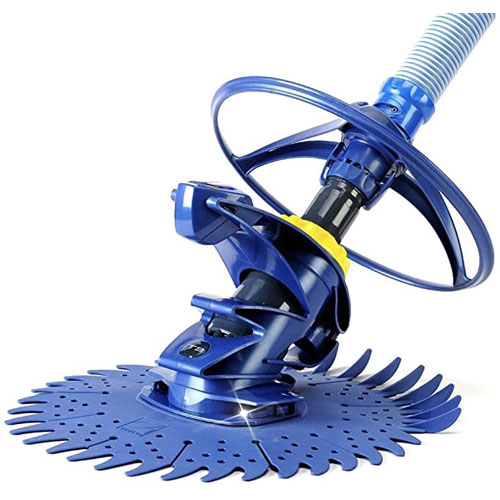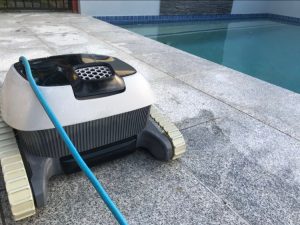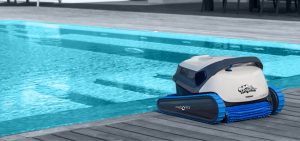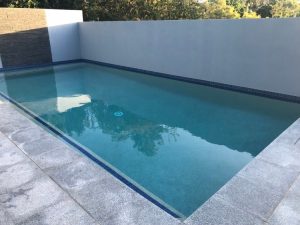Pool vacuums are one of the most important pieces of equipment when it comes to taking care of a pool. It is the ultimate cleaning tool and will help keep your pool in tip top condition.
But these handy, easy to use pool cleaning machines come with their own sets of problems. The most common problem is that the suction power of the vacuum is not up to the mark and it takes too much time to pick up the debris in the pool.
But don’t worry. We are here to help you out. Here are some tips on how to enhance the suction power of your pool
Firstly, here are 5 things you should check:
- Check the pool hose isn’t blocked or cracked
- Check the pool skimmer box isn’t blocked
- Clean out filters
- Size of pool hose
- Check all seals on pump and filter casings
- Finally check all pipes for leaks above or underground
Checking the pool hose for blocks or cracks
If a clog develops in the hose, water flow is reduced. This can result in increased pressure in the pump, which could damage the pump.
- Make sure the pump is off and the pool is clean. The debris in the pool could cause water to back up in the pump and flood the pool.
- Remove the hose from the wall fitting and the pump.
- Inspect the hose for any damage. If the hose is damaged, replace it.
- Flush the hose by passing water through it.
- If the hose does not clear, you may need to replace the hose.
- If the hose is not damaged and water still does not flow freely through the hose, clean the hose.
Check the pool skimmer box isn’t blocked
Pool skimmers are used to remove debris from the surface of the water in your pool, and the suction from the skimmer must be strong enough to keep the pump from having to work too hard.
If you notice that the pump is working harder than usual, or the water flow is reduced, that can be a sign that the pool skimmer has become clogged and needs to be cleaned.
Remove the lid from the skimmer box and inspect inside the box for any visible signs of blockage. Remove the internal lid that covers the main skimmer basket.
Check to make sure the basket isn’t full of leaves and other material that can block water flowing through it. Sometimes small rodents or kids toys can be sucked into the skimmer box and block the water flow.
Clean your pool filters
A blocked and dirty pool filter can prevent water from recirculating through the pool vacuum and reduce suction and efficiency of your filter. If you have ever tried to clean out a pool filter, you know it can be a tedious and difficult job. You have to remove the filter (if it’s a cartridge type click here) and dump out the debris, (or backwash a sand filter), then scrub and clean out the filter and then put it back in the filter casing. You can put off cleaning out your pool filter for a long time, but it is much better to get the job done as soon as possible.
Size of the pool hose
Having the right length of pool hose for your pool will influence the suction. Having a pool hose that is too long with make the pump work harder as there is more distance and quantity of water to suck through to the filter. Choosing the right pool hose is an important factor in keeping your pool clean.
You’ll need a pool hose that’s long enough to reach from the skimmer to the farthest reaches of the pool. If you’re using a skimmer to separate the leaves, you’ll need a long enough pool hose to reach over the top of the water.
Check seals
A leaking seal will let air into the vacuum system and reduce your level of suction. If you notice air bubbles coming out of your water return jets in the pool then this can be a sign of air in the pipes. Before you run the vacuum, make sure that you check your pool’s main filter. Look for any signs of a leak. If you find that one of the seals is broken, you’ll need to replace it. If you don’t replace a broken seal, you’re going to have a hard time getting rid of the debris in your pool.
Check piping for leaks and ground for wet areas
Again, leaking pipes above or below ground will cause suction issues as well as long term damage to your pool area and pool itself. Do visual checks of all piping for any leaks. Underground leaks will be harder to see, so what you want to look for is any damp wet areas in your pool surrounds as this may indicate a leak underground.
So if you have suction issues hopefully these tips will help you fix the problems and get back to efficiently cleaning your pool.






